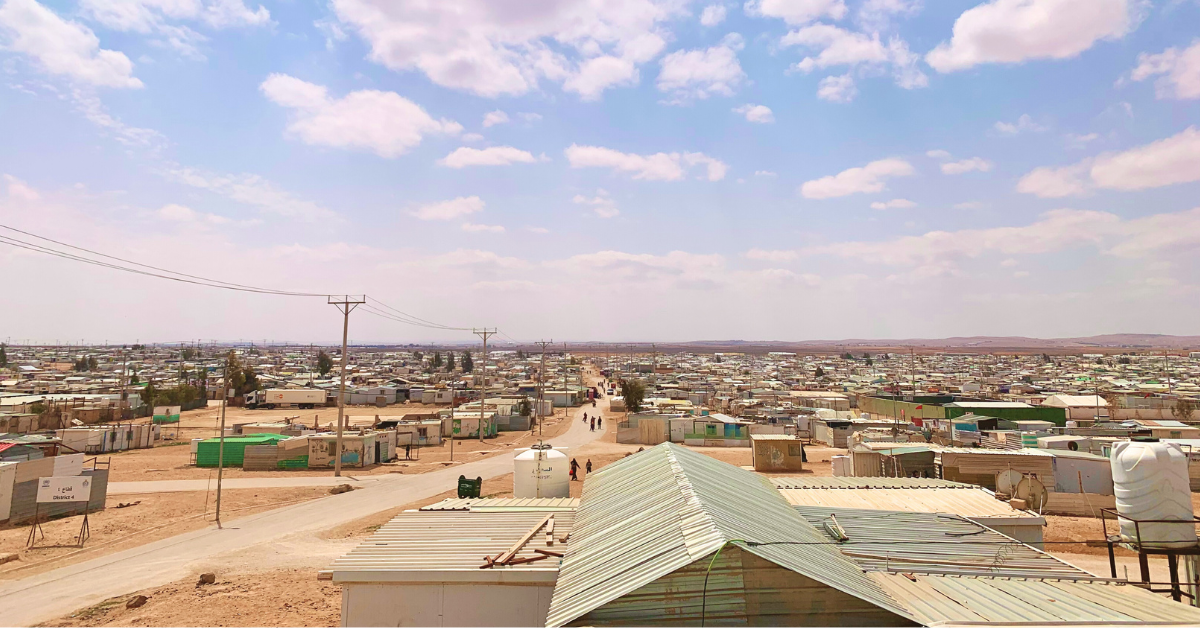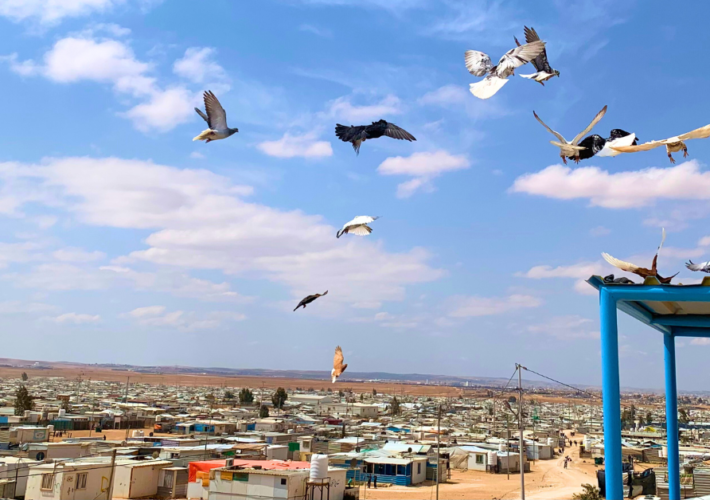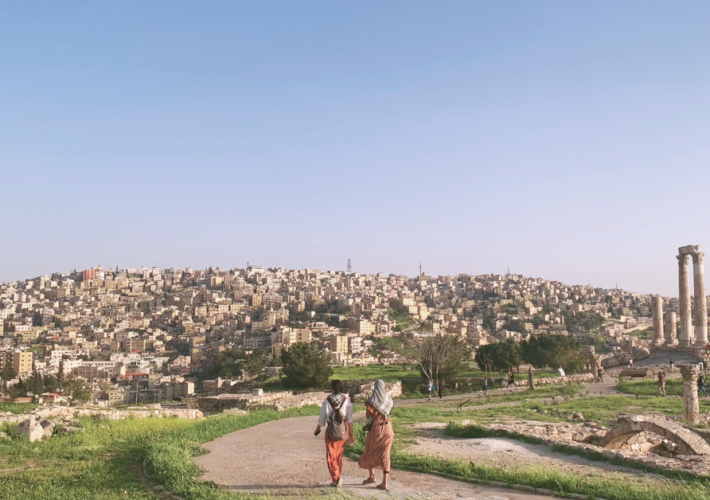Third-Party Monitoring (TPM) is the process of externally collecting and verifying data. In the humanitarian context, this typically looks like an aid organization contracting a third party to analyze the effectiveness of their project, gain insight into the work of implementing partners, or obtain access to seemingly inaccessible regions due to conflict.
Larger aid actors in the field, like USAID, FCDO, and the UN, are highly politicized and often criticized for their lack of non-biased intervention. TPM helps bring back some credibility to their work, as well as accountability.
Phew! Wasn’t that a nice elevator pitch? I have found when trying to explain what I do for a living, people still don’t really grasp the concept of third-party monitoring. Let’s get into then.
I work for an ethical consultancy firm (leaving the specifics off the internet so I don’t lose my job ahah!). The firm has branches in London and Washington D.C., which I think is pretty common. I have seen a trend where the main TPM actors have their headquarters in one or both of these locations. You go where the money comes from. However, we do have subsidiary offices in all regions of the world, where we run projects. So, you can imagine that you’ve got home office employees and field office employees, each with a different role in TPM. Home office manages client relationships, budgets, and oversees the field office. The field office actually does the ground work in collecting and verifying data.
Organizations secure TPM contracts through a bid proposal process. They release a bid for services, commonly referred to as a “Request for Proposal (RFP).” An RFP details the ask of the TPM project. The awarded contractor (“the prime”) and its implementing partners (“the subcontractors”) will carry out the monitoring as an external third-party. To win the bid, they will submit a proposal, which is quite similar to a grant.
For example, the USAID’s Bureau for Humanitarian Affairs (BHA) released an RFP for Central Africa Regional Third-Party Monitoring (CART). This TPM project aims to
- Establish independent, timely and contextualized TPM and operational support services.
- Pilot remote data collection approaches across the three countries to develop scalable hybrid models that combine in-person and remote data collection efforts.
It was awarded to Management Systems International (MSI) as prime and ORB was chosen to be a sub.
Although USAID funds the CART project, it considers itself the client in this scenario, as it is purchasing a service that only third-party organizations can provide. For this reason, I like to say that I don’t work for USAID, I work with USAID. There is a key difference. TPM organizations get to set their contractual terms. As a result, they have more flexibility in their practices and are not subjected to the same bureaucratic obstacles that plague the humanitarian field.
TPM is a specialized skill and is one of many routes for how to enter the international development sector. It focuses on both preventing and mitigating the effects of humanitarian crises, but it doesn’t fit the stereotypical type of aid associated with the humanitarian field. In TPM, you won’t be in a refugee camp, dressed in kakis and a vest, unloading boxes from a truck. You will still travel to the field. Sometimes it will be to refugee camps (and it’s your propagative to wear kakis and a vest), but you will be there in a different context. You may be conducting beneficiary interviews or assessing WASH facilities, but the purpose will be to collect and verify data.
Humanitarian crises look a lot different at the outset than 5 or 10 years down the line. The initial need evolves. For example, when people are fleeing conflict, safety is the first priority. In media, we see the establishment of refugee camps (the classic shot of UNHRC tents lined up for miles), where basic necessities are met, such as food and medical care. However, eventually, children will be born within the camps. People will need a way to make income. Weddings, funerals, and holidays will pass. Priorities will shift to education, livelihood, the preservation of culture, and attainment of dreams. TPM is critical to the sustainability of aid, ensuring that it is reaching the right group in the right way.





4 COMMENTS
Joel
1 year agoThis content is educational,brief and well detailed.
TWW
1 year ago AUTHORThanks! I appreciate it.
XRStino
7 months agoHello.
Good cheer to all on this beautiful day!!!!!
Good luck 🙂
Specdobavki
2 months agoVery interesting and well-structured article! The website is an amazing platform for learning new things.